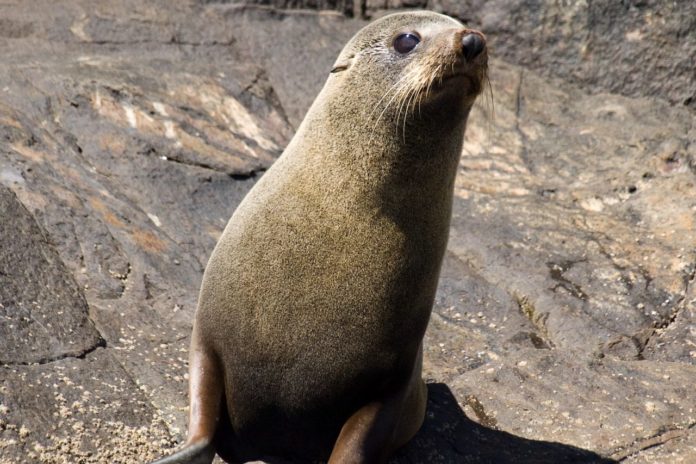Officers attached to the City of Cape Town’s Law Enforcement Marine and Environmental Unit arrested a man in the Strandfontein area on Thursday, after he was caught harvesting a Cape Fur seal, apparently to sell the meat.
Officers on patrol were tipped off about the man, who was busy cutting up the seal on the beach along Baden Powell Drive close to Strandfontein Pavilion.
The officers arrived on scene and caught the suspect in the act. He told officers that there is a thriving black market for seal meat.
It is unclear where he planned to sell the meat, but City of Cape Town Law Enforcement spokesperson Wayne Dyason says he suspects the meat was probably destined for the local area, as he has comes across a few similar incidents over the past few years.
Dyason says the man is of limited means, and was possibly aiming to sell the meat to provide for his family.
The suspect was arrested and charged under the National Environmental Management Biodiversity Act (Nemba) for being in possession of an animal on the Threatened or Protected Species (TOPS) list.
There have been several attacks on Cape Fur seals this year.
In June, six Cape Fur seals were stabbed at sea, and washed ashore at Kommetjie’s Long Beach.
In January, a seal was stoned to death at Monwabisi beach, leading to the arrest of four suspects.
In South Africa, seals have been a protected species since 1893, but they were commercially hunted until 1990, when the government banned seal harvesting.
In Namibia, where about 75% of Cape fur seals live, an annual hunting season takes place between August and November.
The Namibian Ministry of Fisheries and Marine Resources also announced last month that it will harvest 80 000 Cape fur seal pups and 6 000 bulls in July.
The harvesting of seals begun on 1 July after being approved by the Namibian Cabinet.
Seal culling in Namibia is a contentious issue, but the government says the large seal population may damage the fishing industry which is strategic to the Namibian economy.
According to the Fisheries Ministry seal harvesting has attracted direct foreign investment, such as the Hatem Yavuz Group who specializes in seal skins export and skins processing.
The hunting of seals for their fur is nothing new, and neither is eating seal meat.
In Canada, seal meat is considered a Canadian “Superfood” and, according to the company Canadian Seal Products, seal meat is one of the most nutritious meats on the planet.


